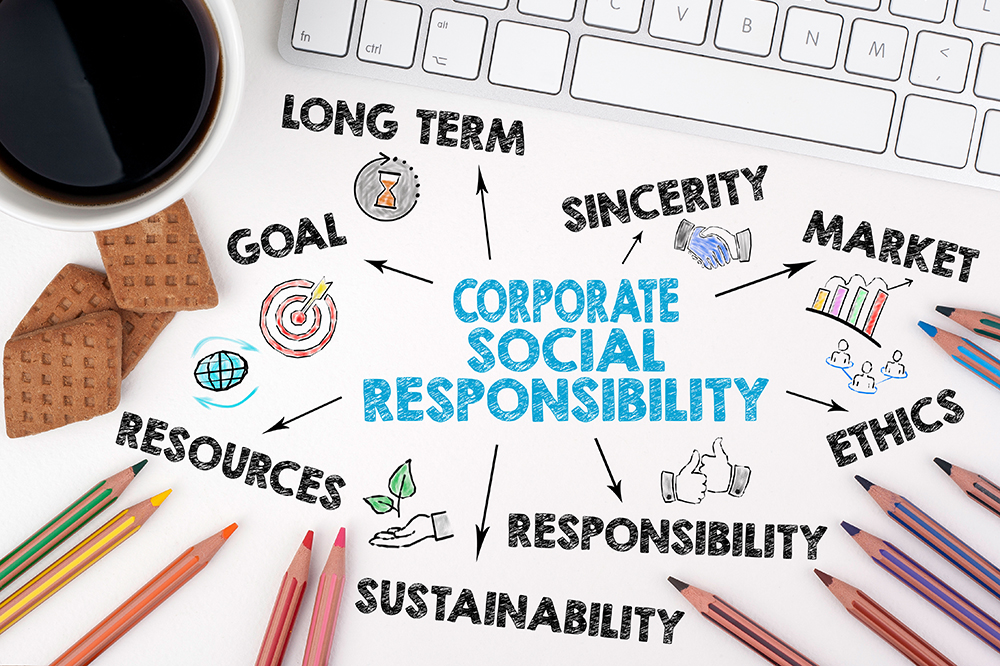Giving Tuesday and the Importance of Corporate Social Responsibility for Brands
In honor of giving back Tuesday, we at Simmons decided to take a dive into our data on US households’ charitable contributions. Charity is a very personal thing for many, and we wanted to see if the types of household charitable contributions varied by generation. Given that older households should have more money to donate, we decided to focus on what types of charities different generations are donating to as opposed to the dollar amounts. Furthermore, we wanted to gauge whether the growing trend of brands emphasizing corporate social responsibility plays a role in the purchasing decisions of the American consumer.
In our Simmons National Consumer Study, we measure contributions to the following types of charities:
- Environmental
- Social services/welfare
- Religious
- Private foundations
- Education
- Political
- Health
- Public radio
- Public television
Before diving into individual generations, we wanted to take a broad look at the demographic makeup of those who live in households that have given a charitable contribution in the last 12 months (see below). As we can see they are on average largely female middle to upper middle class, white and approaching retirement, with over a third of donors being over the age of 65.

After understanding the segment as a whole, we can take a deeper look into the data. Our results show some pretty clear and expected divergences in the types of charitable contributions different generations make. For millennials (ages 21-39), over 24% live in a household that donates to social service/welfare charities, and they overindex for environmental donations and underindex for religious ones. Meanwhile, over 26% of Gen X (Ages 40-54) households donate to educational charities, and they also overindex for donations to cultural charities, while underindexing for both public broadcasting and religious charities.
When we look at the older donor generations, we begin to see some interesting differences and some similarities with their younger counterparts. For starters, Boomer (ages 55-69) households are more in line with the American average, with 53% donating to religious charities, and interestingly enough, both social services (20.8%) and health (20.2%) charities coming in second and third. Last, but certainly not least, are the Silent Generation (ages 70+), who as expected, overindex in most charitable contribution categories, including political and public television contributions, while underindexing in environmental and educational charities. As a percentage, however, their favorite types of charities are religious ones, with over 63% of Silent Generation respondents living in a household that has donated to one in the past 12 months, followed by social services (23.2%), then private foundations and health-related charities receiving donations from slightly over 20% from households with Silent Generation respondents.
As we can see from the data, different generations have different priorities when it comes to the types of charities they prefer, but when it comes to the brands they buy, a substantial part of every generation agrees - the more charitable, the better! In fact, one psychographic that generated consistent agreement across all generations was “I am more likely to buy products from companies that donate to charities.” This noteworthy opinion can help explain the ever-growing importance that brands place on corporate social responsibility and “giving back.”
How does this play out in the real world? Tom’s Shoes growth in the shoe sector, fueled by a 1 to 1 charitable shoe contribution and their continued participation in relevant causes for their millennial-heavy consumers (such as their recent $5 Million contribution to help end gun violence) is one great example. (PRODUCT)RED's collaboration with numerous brands in a campaign to raise money for HIV/AIDS Research and treatment going 11 years strong is another. Brands operating in the modern marketplace often have to sacrifice some short-term profit for the “greater good,” but have embraced this corporate social responsibility to give back to their communities! When you know your audience and respect their beliefs, it seems that “what goes around comes back around” for socially responsible brands.
Contact us to find out more on how Simmons can power your research into corporate social responsibility!



